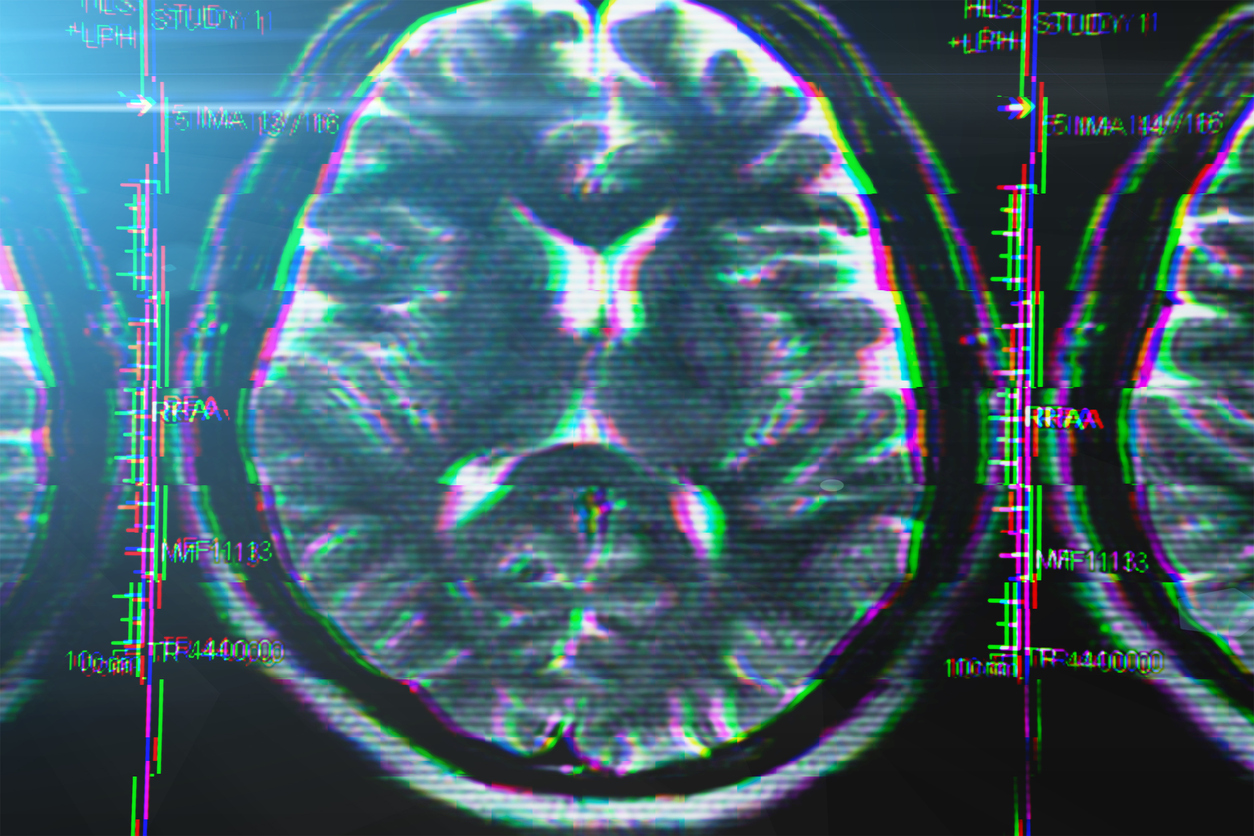WHO makes first official recommendations to reduce risk of dementia

A free daily email with the biggest news stories of the day – and the best features from TheWeek.com
You are now subscribed
Your newsletter sign-up was successful
The World Health Organization announced on Tuesday its recommendations to reduce the risk of dementia. This is the first time the organization made an official recommendation on the condition, which affects 50 million people globally.
Dementia isn't just one disease, but a variety of conditions that produce similar symptoms, including memory loss and decreased cognitive abilities. This makes finding effective treatments difficult, and for many people, the damage is irreversible. The WHO's statement offers a strategy for people who may be at risk of developing dementia to significantly increase their chances of maintaining their neurological health for longer.
The WHO recommends practices that are already associated with a healthy lifestyle: exercising regularly, eating healthy, and laying off tobacco and alcohol. "Many people have the opportunity to substantially reduce their risk" by using these methods, said Tara Spires-Jones, a professor at the U.K. Dementia Research Institute. They have the greatest chance of working "before any cognitive symptoms are present," she explained.
The Week
Escape your echo chamber. Get the facts behind the news, plus analysis from multiple perspectives.

Sign up for The Week's Free Newsletters
From our morning news briefing to a weekly Good News Newsletter, get the best of The Week delivered directly to your inbox.
From our morning news briefing to a weekly Good News Newsletter, get the best of The Week delivered directly to your inbox.
Implementing these strategies on a global scale may help to stem the tide of dementia, which is growing at alarming rates. 10 million people are diagnosed with a form of dementia each year, which may triple the total number of patients by 2050, CNN reports. The costs of caring for dementia patients are growing, too: It costs somewhere around $818 billion each year, most of the burden on patients' family members, and that figure might rise to $2 trillion by 2030.
"We need to do everything we can to reduce our risk of dementia," said Tedros Adhanom Ghebreyesus, the WHO's director general. Read more at CNN.
A free daily email with the biggest news stories of the day – and the best features from TheWeek.com
Shivani is the editorial assistant at TheWeek.com and has previously written for StreetEasy and Mic.com. A graduate of the physics and journalism departments at NYU, Shivani currently lives in Brooklyn and spends free time cooking, watching TV, and taking too many selfies.